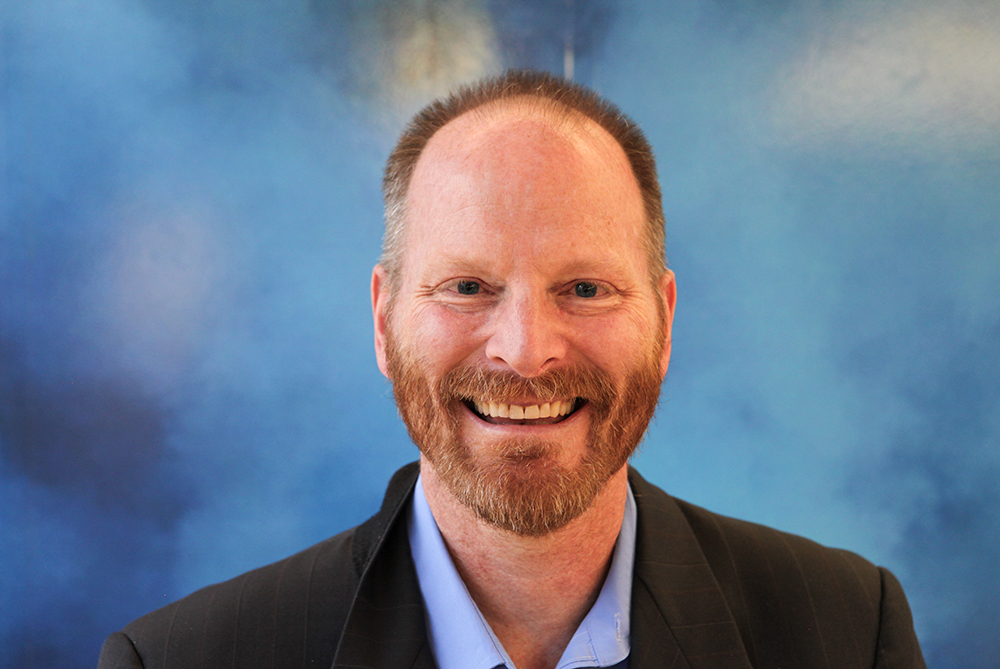Imagine a future where medical results do not take weeks, or require long trips to the doctor’s office, but instead are as easy as purchasing a gift card. New systems engineering professor Steve Simske thinks combining broad skillsets with engineering could potentially lead to a “gift of life” card, which could easily capture bodily samples such as saliva and instantly report medical conditions.

Systems engineering and broad skillsets
As an HP Fellow working with the School of Biomedical Engineering since nearly its inception, Simske made an impact on the Walter Scott, Jr. College of Engineering long before his start as a systems and mechanical engineering faculty member. “Steve’s myriad accomplishments stem from strategic and systems thinking analytically applied to life sciences, sensing, imaging, manufacturing, packaging, and authentication,” said Ann Batchelor, assistant director of the Systems Engineering Program.
His accomplishments and knowledge of system complexities led to his first course for the program, Analytics for Systems Engineers. The course focuses on meta-algorithmics and meta-analytics—the science of how to combine two or more intelligent systems to create one with higher value. Simske said that merging discrete methods requires an understanding of how diverse disciplines can work together.
“On both the teaching and research sides, there are core concepts for my nascent teaching and research at the University,” Simske said. “I want to see broad skills like security, biomedical engineering, data science, and signal and image analysis used to improve the utility of intelligent systems.”
Engineers in the future will need to have flexibility in the way they think if they want to make an impact in their careers. “No one is going to have the same career for their whole life. Systems engineers — with their interdisciplinary background — are going to be more agile, and thus more capable of moving from one career path to another,” Simske said.
Future systems engineers, Simske noted, will need to construct complex hybrid systems measured in value through cost, accuracy, modularity, scalability, or robustness. A wide-ranging knowledge base of disciplines will help achieve those goals.
Campus collaborations and bridging disciplines
For goals like a hypothetical “gift of life” card to be achievable requires knowledge between disciplines across campus. According to Simske, a card that could take diagnostic samples of saliva or blood and examine them instantly requires collaboration to come to fruition. Complementary disciplines include custom manufacturing, sensing, analysis, analytics, microfluidics, and security.
His current collaborations on campus feed into that approach, as Simske is partnering with other researchers looking at complementary technologies. Research partners like Tom Chen have worked on mini-sensing devices integral to sample testing. Collaboration with Juyeon Park from the Department of Design and Merchandising could lead to a card that is easier for people to effectively use.
By working with other disciplines and departments, Simske underscores the importance of systems engineering working across diverse bases of knowledge. While speaking of how Simske fits in with the program, Batchelor said, “His global publications and partnerships open a vast treasure trove of knowledge and collaboration for systems engineering.”